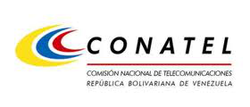Breaking news
Updated: Sept. 3, 2012 (Initial publication: Aug. 28, 2012)
Breaking news
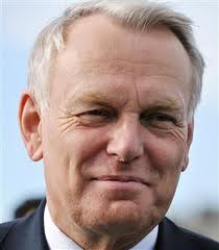
Updated: Sept. 3, 2012 (Initial publication: Aug. 26, 2012)
Breaking news
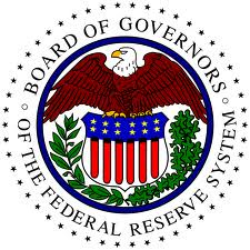
Updated: Aug. 28, 2012 (Initial publication: Aug. 23, 2012)
Breaking news
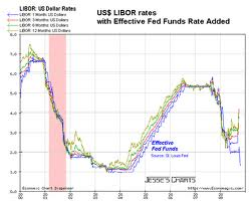
Updated: Aug. 28, 2012 (Initial publication: Aug. 21, 2012)
Breaking news

Updated: Aug. 28, 2012 (Initial publication: July 18, 2012)
Breaking news

Updated: Aug. 28, 2012 (Initial publication: Aug. 24, 2012)
Breaking news

Updated: Aug. 28, 2012 (Initial publication: Aug. 27, 2012)
Breaking news

Updated: Aug. 28, 2012 (Initial publication: July 22, 2012)
Breaking news
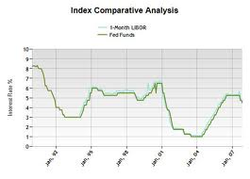
Updated: Aug. 28, 2012 (Initial publication: Aug. 25, 2012)
Breaking news

Updated: Aug. 23, 2012 (Initial publication: Aug. 30, 2012)
Breaking news
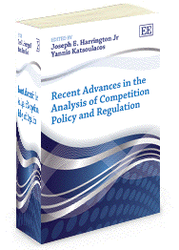
Updated: Aug. 13, 2012 (Initial publication: Aug. 22, 2012)
Breaking news

Updated: Aug. 1, 2012 (Initial publication: Aug. 20, 2012)
Breaking news

Updated: Aug. 1, 2012 (Initial publication: July 7, 2012)
Breaking news
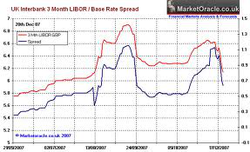
Updated: July 23, 2012 (Initial publication: July 19, 2012)
Breaking news
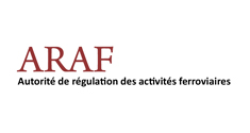
Updated: July 23, 2012 (Initial publication: July 17, 2012)
Breaking news

Updated: July 23, 2012 (Initial publication: July 16, 2012)
Breaking news

Updated: July 23, 2012 (Initial publication: July 15, 2012)
Breaking news
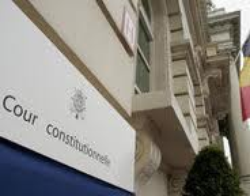
Updated: July 23, 2012 (Initial publication: July 8, 2012)
Breaking news

Updated: July 17, 2012 (Initial publication: July 5, 2012)
Breaking news
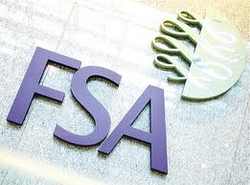
Updated: July 17, 2012 (Initial publication: July 10, 2012)
Breaking news

Updated: July 16, 2012 (Initial publication: July 12, 2012)
Breaking news

Updated: July 16, 2012 (Initial publication: July 9, 2012)
Breaking news

Updated: July 16, 2012 (Initial publication: July 4, 2012)
Breaking news

Updated: July 12, 2012 (Initial publication: July 13, 2012)
Breaking news
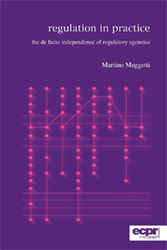
Updated: July 9, 2012 (Initial publication: June 30, 2012)
Breaking news
